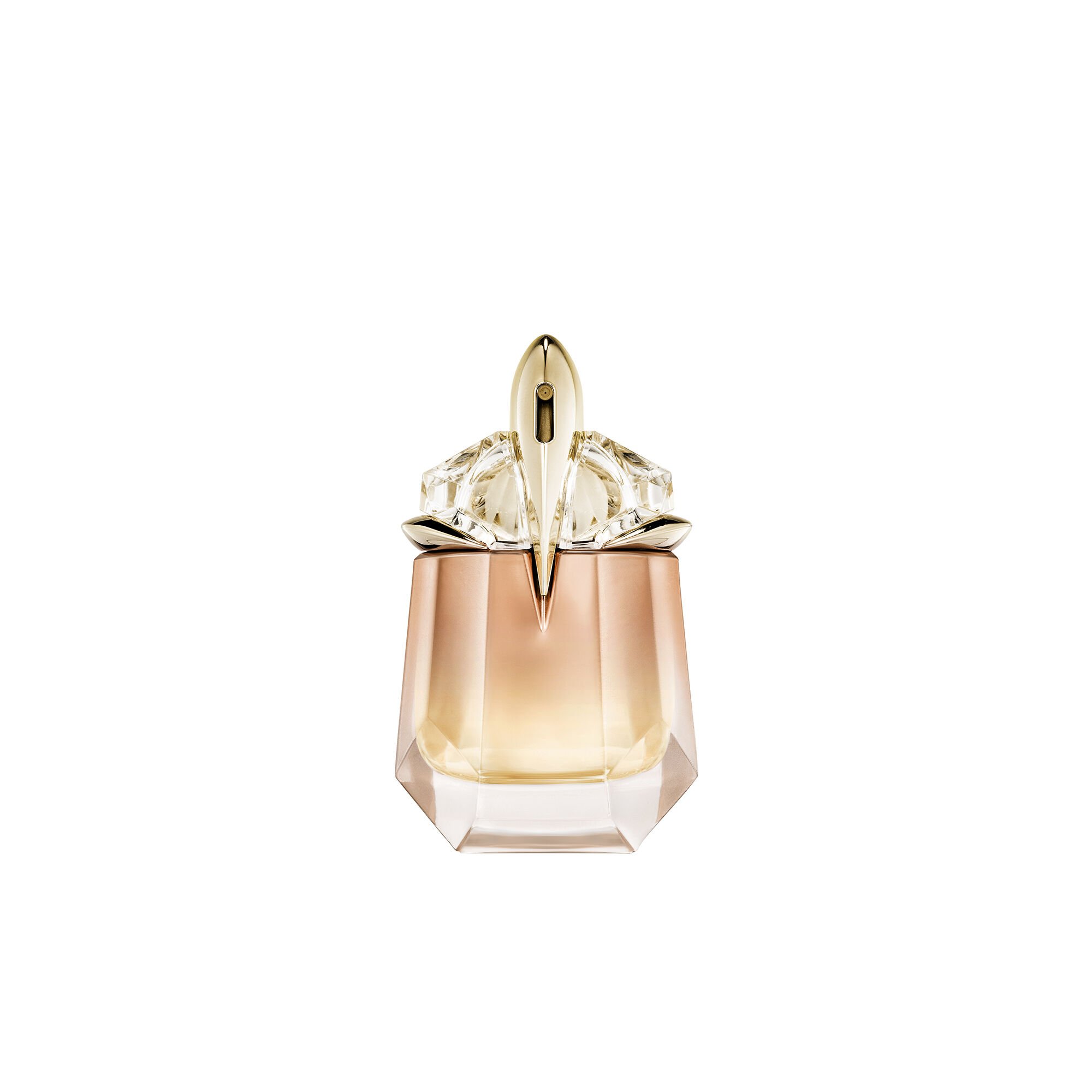Adrenaline does not have a distinct smell, as it is an odorless hormone produced by the adrenal glands. Adrenaline, also known as epinephrine, is a hormone that plays a critical role in our body’s natural fight-or-flight response.
When we are faced with dangerous or stressful situations, the adrenal glands release adrenaline, which triggers various physiological responses to help us cope with or survive the situation. While adrenaline can evoke intense emotions and physical sensations like increased heart rate, heightened alertness, and a surge of energy, it is important to note that it does not have a detectable scent.
Although we may associate adrenaline with the excitement, fear, or thrill of certain experiences, its impact on our olfactory sense is nonexistent. Instead, its effects are primarily felt through the activation of the body’s various systems.
The Connection Between Smell And Emotions
Smell plays a significant role in triggering emotions. Our sense of smell is closely linked to our memories and can evoke powerful emotions and nostalgia. Certain scents have the ability to transport us back in time to a specific moment or place, allowing us to relive those emotions. The connection between smell and emotions is deeply ingrained in our brains and can have a profound impact on our mood and well-being. Whether it’s the scent of freshly baked cookies reminding us of childhood or the smell of a loved one’s perfume bringing back feelings of love and affection, our sense of smell has the power to elicit a wide range of emotions. Understanding this connection can help us harness the power of scent to enhance our experiences and create lasting memories.
The Science Behind Adrenaline
The science behind adrenaline revolves around understanding its role in the body’s stress response. Adrenaline, also known as epinephrine, is a hormone and neurotransmitter that is produced by the adrenal glands. When the body perceives a threat or danger, the adrenal glands release adrenaline into the bloodstream. This triggers a series of physiological effects that prepare the body for a “fight or flight” response.
Adrenaline acts on various body systems, including the cardiovascular system, respiratory system, and the muscles. It increases heart rate, blood pressure, and respiration rate, ensuring that the body has enough oxygen and nutrients to deal with the perceived threat. Additionally, adrenaline redirects blood flow to the major muscle groups, improving strength and agility.
These physiological changes allow us to respond quickly and effectively in situations that require immediate action. Adrenaline not only sharpens our senses but also enhances our ability to focus and react swiftly.
The Link Between Adrenaline And Smell
Adrenaline, a hormone secreted by the adrenal glands, has a fascinating connection to our sense of smell. Numerous studies have explored the relationship between adrenaline and olfaction, shedding light on how this powerful hormone can impact our sense of smell. When released, adrenaline triggers various physiological responses in the body, including an increased heart rate, heightened energy levels, and a sharpened sense of smell.
Research suggests that adrenaline can enhance our olfactory senses, making us more alert to the smells around us. In high-stress situations, adrenaline can amplify our ability to detect and identify odors, potentially serving as an evolutionary survival mechanism. This heightened sense of smell can help us become more aware of potential dangers or opportunities.
Furthermore, adrenaline may also influence our emotional response to smells. Certain scents can trigger an adrenaline rush, leading to a heightened state of alertness or excitement. This link between adrenaline and smell showcases the intricate connections between our physiological and sensory experiences.
Adrenaline’s Effect On Smell Perception
Adrenaline has a fascinating effect on our sense of smell. Numerous studies have explored how this hormone alters our ability to perceive odors. One such study found that adrenaline can enhance our smell sensitivity, allowing us to detect odors more effectively. The researchers discovered that when adrenaline is present, our olfactory system becomes more responsive, leading to a heightened perception of scents. This increase in sensitivity can be attributed to adrenaline’s ability to activate and stimulate the olfactory receptors in our nose.
Another study investigated the role of adrenaline in altering our perception of smells. It revealed that when individuals experienced a surge of adrenaline, their sense of smell became more acute, enabling them to detect even faint odors. Whether it’s the smell of fear or the exhilarating aroma of a thrilling experience, adrenaline plays a significant role in shaping our olfactory perception.
Understanding the impact of adrenaline on our sense of smell is essential, as it sheds light on the intricate relationship between our emotions, hormones, and sensory perception. The findings of these studies provide valuable insights into how our body responds to various stimuli and highlight the complex interplay of our senses.
The Smell Of Fear: Adrenaline In Action
Adrenaline, the hormone responsible for our fight or flight response, has a unique olfactory impact during fearful experiences. When fear is triggered, our bodies release adrenaline, which heightens our senses, including our sense of smell. Adrenaline increases blood flow to the olfactory system, making it more sensitive to odors in the environment. This heightened sense of smell allows us to detect potential threats or dangers more effectively.
During a fearful experience, our olfactory system may become more attuned to particular scents associated with danger, such as the smell of a predator or the scent of fire. This heightened sensitivity to smell serves as an evolutionary advantage, helping us to survive threatening situations.
Interestingly, the smell of fear itself can also trigger a fear response in others. When we are afraid, our bodies release pheromones that can be detected by others, signaling to them that there may be a threat present. This can create a chain reaction, where the fear of one individual can cause fear in those around them.
The Challenge Of Describing Adrenaline’s Scent
The challenge of describing the scent of adrenaline lies in the subjectivity of scent perception. Each individual experiences scents differently, making it difficult to accurately convey the unique smell of adrenaline. The chemical compound responsible for adrenaline’s scent is not well understood, adding to the challenge. Adrenaline is often associated with fear, excitement, and intense physical exertion, but these emotions and sensations are subjective experiences as well. Some describe the smell of adrenaline as a mix of metallic and musky notes, while others may detect hints of sweat or even a sweet undertone. Ultimately, attempting to put into words what adrenaline smells like is an exercise in personal interpretation and perception, with no definitive description.
Common Scents Associated With Adrenaline
Adrenaline is often associated with a range of scents. In high-stress situations, the smell of **sweat** can be particularly strong. When the body releases adrenaline, it triggers perspiration, creating a distinct odor. This scent is often described as **musky** or **sour**, and it can vary from person to person. Another common scent linked to adrenaline is the smell of **fear**, which can be detected by some individuals. It is believed that fear releases certain chemicals that are perceptible to others. Additionally, the smell of **adventure** and **excitement** can also be associated with adrenaline. Whether it’s the aroma of a racetrack or the odor of a roller coaster, these scents can trigger the release of adrenaline and enhance the overall experience.

Credit: wagwalking.com
Personal Experiences And Adrenaline’s Aroma
Adrenaline is often associated with a distinct scent that varies from person to person. When experiencing an adrenaline rush, individuals perceive different aromas that can be difficult to describe. Some may describe it as a metallic scent, similar to the smell of blood or an intense musky odor. Others may perceive a citrusy or sweet smell, like the aroma of a freshly cut orange or a bouquet of flowers.
These variations in scent descriptions can be attributed to personal experiences and individual sensitivities. Factors such as heightened senses, emotional state, and environmental stimuli can affect how adrenaline is perceived. Additionally, cultural backgrounds and personal associations may influence one’s perception of the scent.
In conclusion, the smell of adrenaline is subjective and can be challenging to define. It is a unique olfactory experience that differs from person to person, making it a fascinating aspect of our sensory perception.
Frequently Asked Questions Of What Does Adrenaline Smell Like
Can Adrenaline Be Smelled?
Adrenaline cannot be smelled. It is an internal hormone released during stress and not detectable by scent.
Can You Smell Anxiety On Someone?
Anxiety can emit a unique odor that some people can detect in others.
Is There A Smell Of Fear?
Yes, there is a smell of fear, as fear can release specific chemicals that emit an odor.
Why Do I Keep Smelling A Sweet Smell?
A sweet smell may be caused by a variety of factors, such as perfumes, foods, or underlying health conditions.
Conclusion
The smell of adrenaline is a unique and instinctive experience that varies from person to person. While some may describe it as a metallic scent, others may perceive it as a sharp or intense odor. This distinctive aroma is often associated with high-stress situations, triggering a rush of energy and heightened alertness.
Understanding the scent of adrenaline can help us better comprehend the body’s fascinating reactions to stressful situations. It serves as a reminder of our innate survival instincts and the incredible power of our bodies to adapt and respond. So, whether you have personally encountered the smell of adrenaline or are curious about this intriguing phenomenon, it is clear that it is more than just a psychological response.
Adrenaline is a physical and sensory experience that may vary from person to person, offering a fascinating insight into the fascinating world of human biology and physiology. As we continue to explore and study the complex nature of adrenaline, let us embrace its power and harness it to navigate life’s challenges with courage and resilience.













